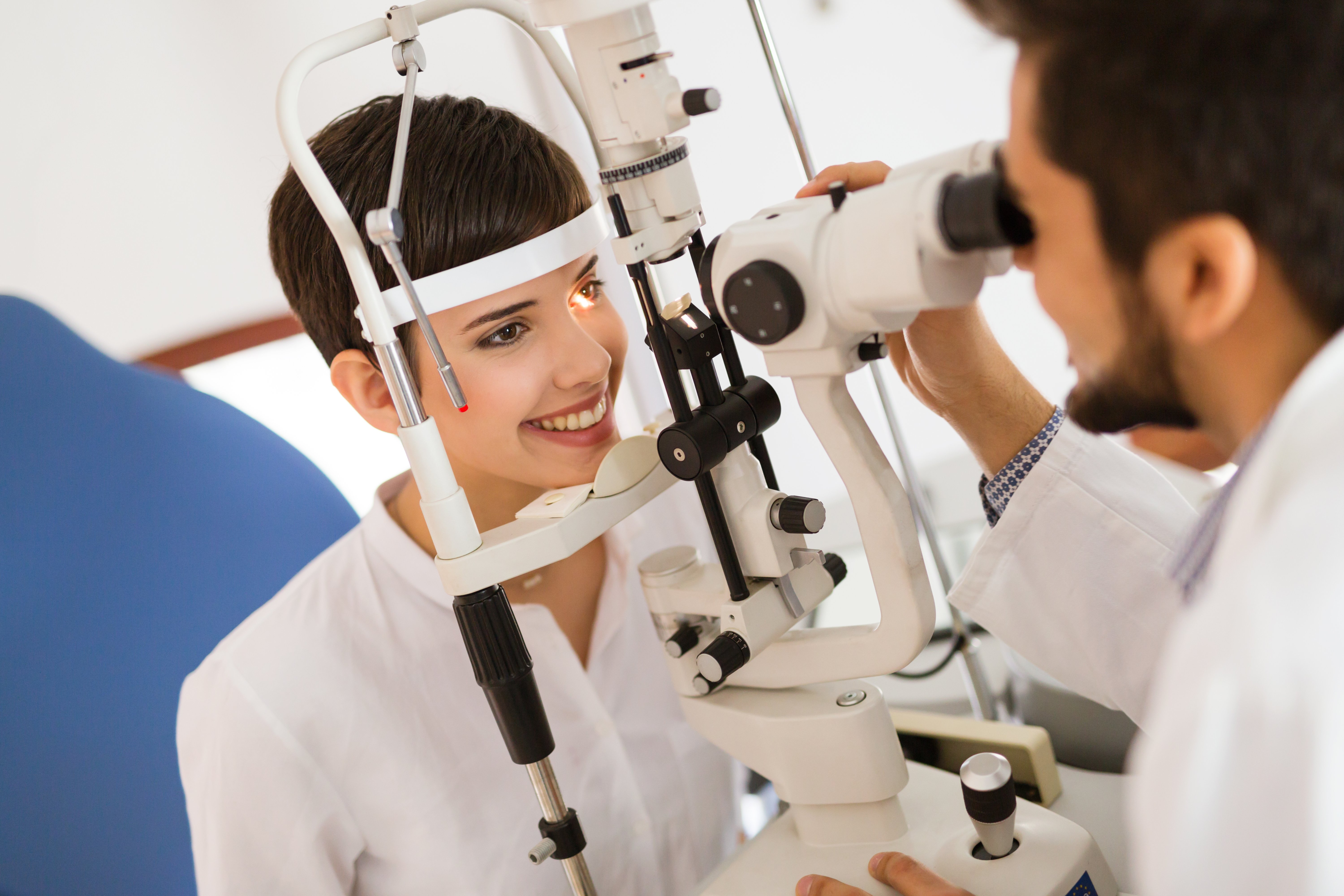
Getting your eyes examined regularly is the best thing you can do for your eyes. That is because the health of your eyes contributes to your general well-being. This makes it important for people of all ages, including children, to have eye exams at least once a year.
That said, you may wonder which type of eye checkup to get: a regular eye exam or a comprehensive one? Understanding the difference between these two types of eye exams can help you make that decision.
What Is a Comprehensive Eye Exam?
A comprehensive eye exam is a thorough eye exam. It involves a careful and detailed assessment of the various parts of your eyes. This test is done by an ophthalmologist, who examines the eye structures to see how well they are working. The goal is to identify eyesight problems, eye diseases, and other vision defects and treat them as soon as possible.
What Happens During a Comprehensive Eye Exam?
During a comprehensive eye exam, your ophthalmologist will examine your eye health, in addition to assessing your medical history.
That will involve checking how well your eyes work together and assessing them for all the eye conditions you are likely to develop. The exam will also include screening you for common eye conditions such as glaucoma, retinal issues, and cataracts, in addition to refractive problems.
Other vision defects the exam will assess include dryness and muscle function. Apart from analyzing your eyes, your ophthalmologist may also update your eyewear prescriptions as part of the exam.
Who Gets One?
Everybody should have a comprehensive eye exam after every one or two years. Children, adults above the age of 60, and people with existing eye diseases should get the exam annually or as recommended by their ophthalmologist.
What Is a Regular Eye Exam?
A regular or routine eye exam is a brief and general assessment of your eyes. It examines how well you see various distances and whether you would benefit from eyeglasses or contact lenses.
Regular exams also evaluate your eye health but are less detailed than comprehensive eye exams. Regular exams check for eye issues to do with nearsightedness, farsightedness, age-related farsightedness, astigmatism, light sensitivity, and digital eyestrain.
What Happens During a Regular Eye Exam?
During a regular eye exam, your optometrist at Great Lake Vision Care will ask you to identify numbers or letters on a reading chart placed at a certain distance. The exam will also involve checking how your eyes align or move when following an object as it moves from one position to another.
Other tests may include tests for color blindness and how your pupils respond to light. If your eye doctor finds any issues during the exam, they will recommend a comprehensive eye exam for a thorough assessment.
Who Gets One?
People with blurry vision or those finding it difficult to read things either near or far should get one. Regular eye exams can also help detect eyestrain that your eye doctor will diagnose to give you eyewear that will help ease the symptoms. Eye doctors recommend regular eye exams once every year.
To learn more about a comprehensive eye exam and a regular eye exam, visit Great Lake Vision Care at our office in Monroe, Michigan. You can also call (734) 212-5157 to book an appointment today.









